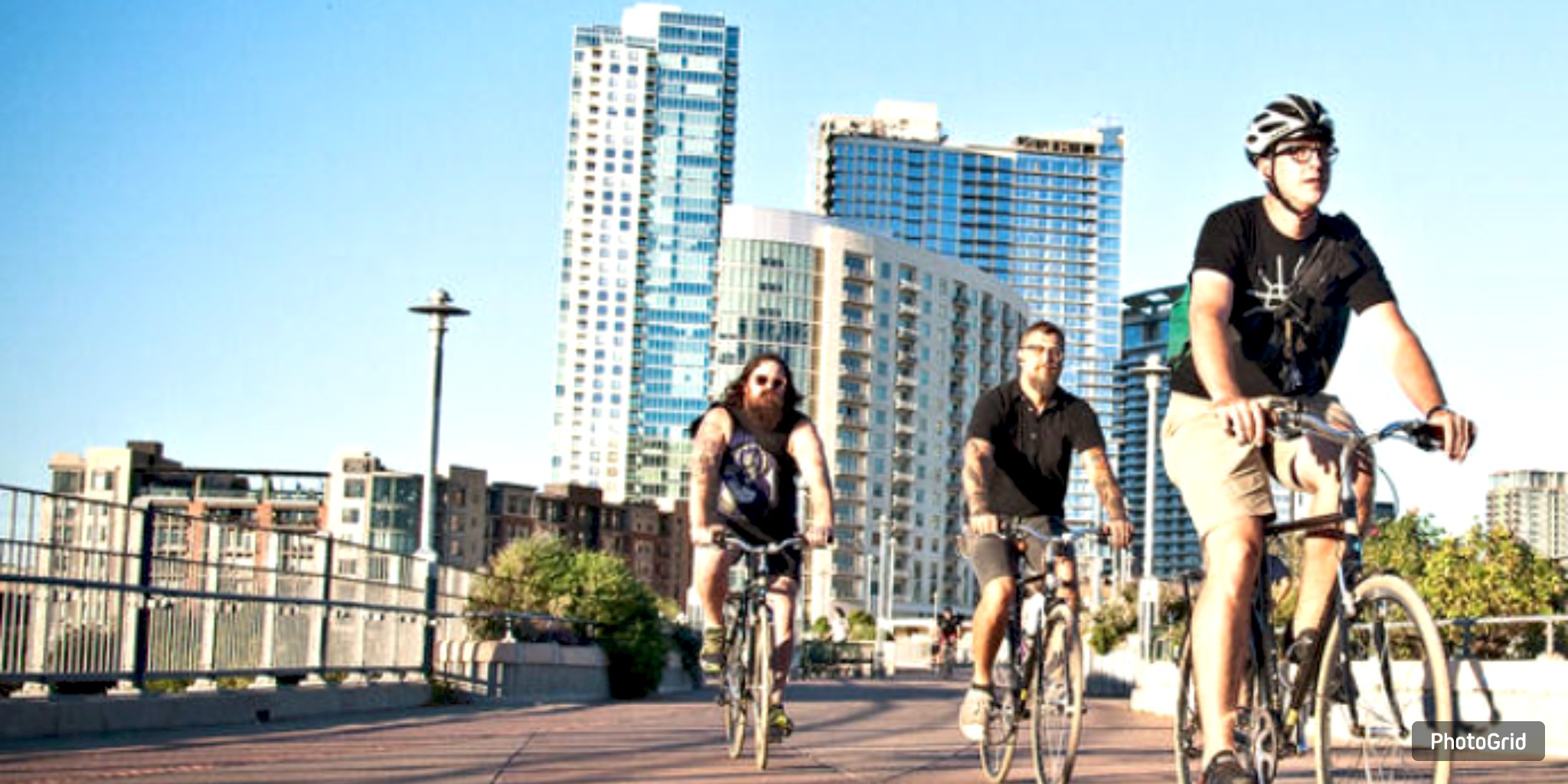
Austin is emerging as a frontrunner in the realm of bike and scooter mobility, distinguishing itself not only within Texas but also on a national scale, as two-wheel transportation continues to gain traction across the country.
A recent report from Compare the Market Australia reveals that Austin has secured its position as the 10th most cyclist- and scooter-friendly city in the United States, standing out as the sole Texas city to achieve a spot in the top 10.
A recent report, titled "Cyclist and Scooter-Friendly Cities," assesses urban environments based on three main criteria: the daily cycling modal share, the per capita miles of bike infrastructure, and the level of online search interest in biking and scooting. Austin achieved a total mobility score of 58.27, positioning it right behind Phoenix and ahead of several other prominent U.S. cities.
Austin's impressive figure of 21.3 miles of bike infrastructure for every 10,000 residents highlights a significant commitment to promoting active transportation. Earlier this year, the city took action by implementing stricter parking regulations, which include a $75 penalty for vehicles obstructing bike lanes, with a reduced fine of $50 for those who pay promptly.
Austin residents are demonstrating a sincere enthusiasm for cycling, extending beyond mere enforcement measures.
A recent study revealed that there were 795 online searches for terms such as “bike lanes” and “cycle to work” for every 10,000 residents, highlighting an increasing interest in sustainable commuting alternatives.
In Austin, a mere 0.01% of residents choose to bike daily. This figure, while modest, surpasses that of numerous other cities across the United States. However, it falls significantly short when compared to European frontrunners such as Amsterdam and Utrecht, where as much as 30% of the population relies on bicycles for their daily commutes.
In a recent ranking, Utrecht in the Netherlands emerged as the leader with an impressive score of 93%. Following closely were Freiburg, Germany; Malmö, Sweden; Eindhoven, also from the Netherlands; and Poznań, Poland. The disparity highlights the significant journey ahead for U.S. cities in their quest for broader cycling acceptance.
For Texas, a state frequently scrutinized for its car-focused infrastructure, Austin's placement in the top 10 represents a noteworthy achievement in advancing safer and more sustainable urban mobility.
















From breaking news to thought-provoking opinion pieces, our newsletter keeps you informed and engaged with what matters most. Subscribe today and join our community of readers staying ahead of the curve.